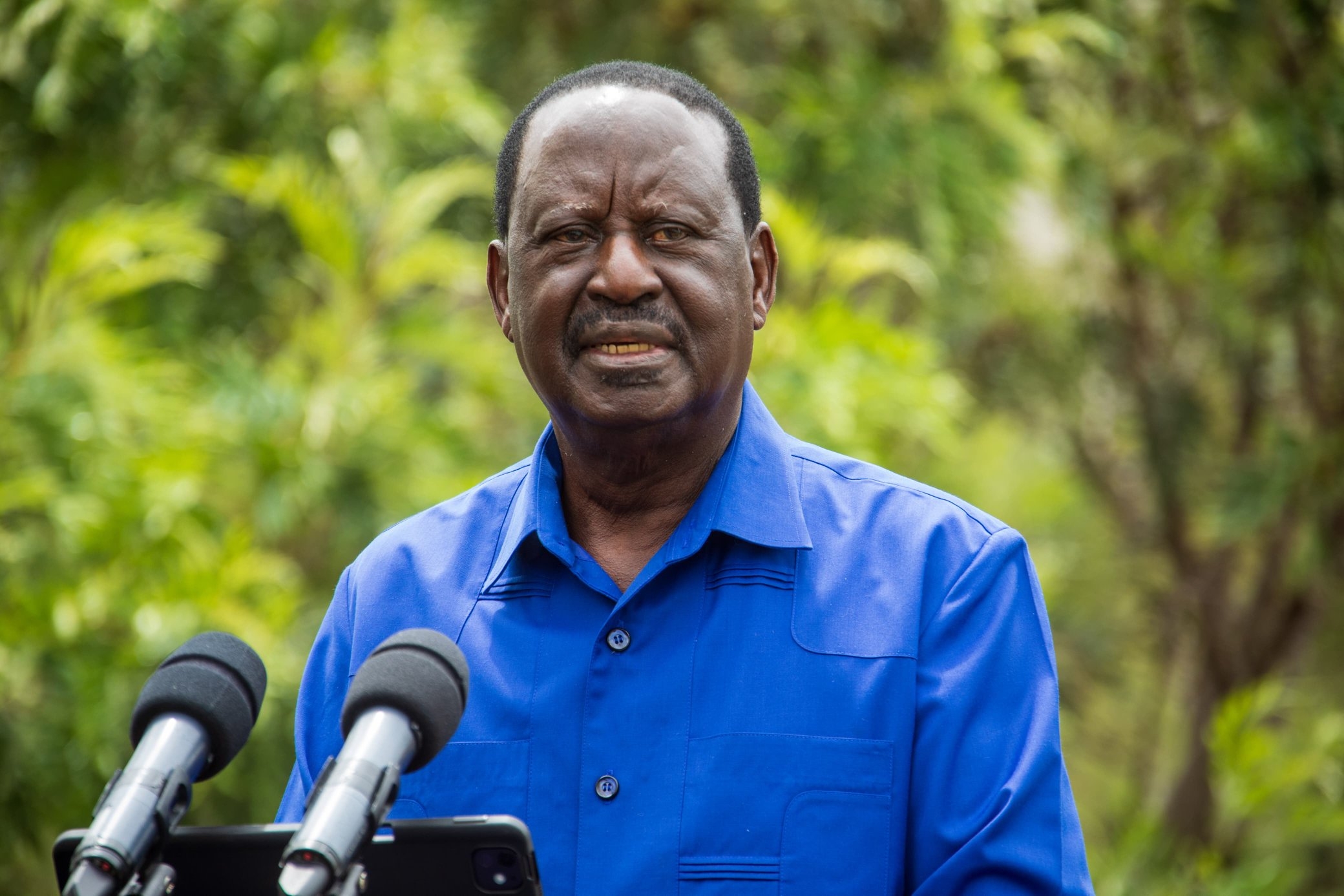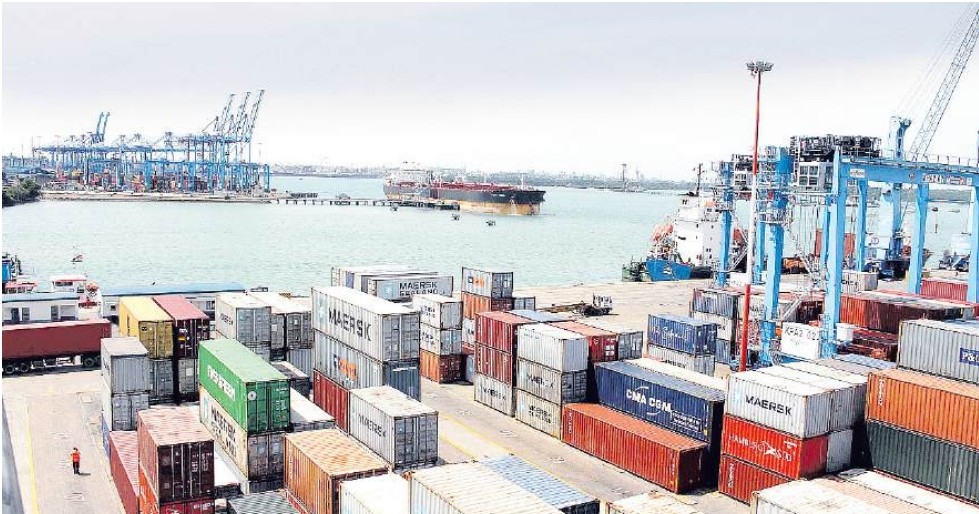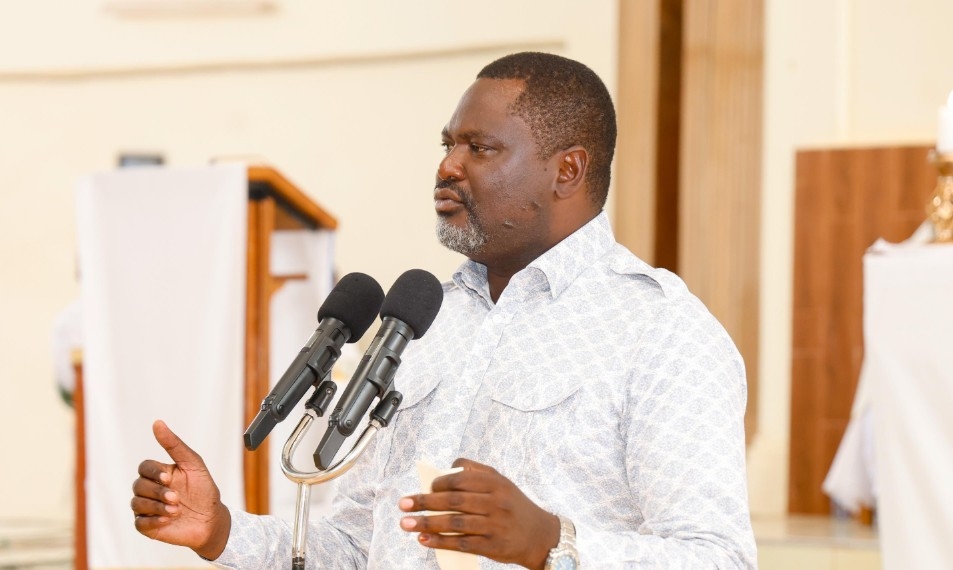The provision of publicly held information architecture is a key player in the good governance narrative.
This narrative is currently being pursued by the government and needs a culture and work ethic jump which will inject blood in the campaign.
The most trusted institution with the reach and power to get citizens involved in governance and government is an independent, professional, and responsible media.
Let the government lead by streamlining information sharing, structured communication, support independent media and speak to its people.
Gradually we need to adopt, government/public communication approach to embrace the public on matters strategic national development away from the current focus on political communication stuck in campaign, to enable citizens understand and support government projects.
A strong workplace sensitisation on the right to information constitutional provision, functional witness protection and whistleblowing legal protection and respect for a strong professional, responsible, independent, and public interest focused media are critical in this good governance and anti-corruption crusade.
It was very reassuring listening to the Head of Public Service Felix Koskei recently acknowledging that media is a critical player in the war on corruption.
That a professional, independent and responsible media is a major ingredient in the good governance cocktail being prepared in the country.
By public bodies pro-actively making available information on most of the work their do, services offered and engaging citizens, both provided by the right to information and public participation laws, open governance and feedback mechanisms is possible, and will allow entrenching a culture of good governance.
The laws on access to information are present, but the culture in most public institutions does not allow the country to fully realise the benefits of access to information.
People are government and public institutions, and gradually by extension in the private sector have individualised information of public nature to the detriment of the public good.
Its by sharing information that citizens get more understanding and the direction the government is doing and taking on national development.
The government gets more understood, felt and supported by getting citizens to know what its doing and why, provide enough protection for whistleblowers and safe environment for witnesses in human rights violations especially corruption cases.
By the media accessing credible and timely information from public agencies, and providing a platform for debate, setting the national agenda, and framing of national public interest issues, citizens are able consume information that they can use to contribute to social change in their communities.
It’s a fact that access to information is enabler for the realisation of other fundamental human rights because the right to information laws were sold as anti-corruption legislation.
There is serious justification and acknowledgement that access information has great economic value for countries, for it allows the country to show case its potential on the world map, which attracts economic dividends.
ARTICLE 35 and the Access to information Act 2016 allows accessing all media, internet, art, academic writings, and information held by government; the right to use or to demand rights to health, to a clean environment, to truth and to justice.
Access to information is a great enabler and facilitator for independent and professional media.
Content is the king is a common mantra in media circles, but this rarely happens in situations where people in the public sector still hold information as a private good.
They believe as sirikali and custodians of secrecy, giving the public and by extension media is selling out the country or doing a great favour , which is very wrong and unlawful.
In this era of the Constitutional requirements of Articles 33, 34 and 35, information sharing, and for this matter credible and information released in a timely manner is central to managers including those in Government.
The Government of Kenya is a signatory to the Open Government Partnership, and has many times indicated its commitment to open governance and adhering to the Constitution.
Several international and regional bodies have particularly emphasised the role and importance of the Media to governance and accountability often realised in liberal societies through open, free, fair and participatory democratic processes.
The European Court of Human Rights has consistently emphasized that “Freedom of the press affords the public one of the best means of discovering and forming an opinion of the ideas and attitudes of their political leaders. It gives politicians the opportunity to reflect and comment on the preoccupations of public opinion; it thus enables everyone to participate in the free political debate which is at the very core of the concept of a democratic society.”
The Inter-American Commission on Human Rights has recognised that: [Freedom of the press is essential for the full and effective exercise of freedom of expression and an indispensable instrument for the functioning of representative democracy, through which individuals exercise their right to receive, impart and seek information. (Inter-American Declaration of Principles on Freedom of Expression 2000: Preamble)
The European Court of Human Rights has also stated that it is incumbent on the media to impart information and ideas in all areas of public interest: Whilst the press must not overstep the bounds set [for the protection of the interests set forth in Article 10(2)] … it is nevertheless incumbent on it to impart information and ideas of public interest. Not only does the press have the task of imparting such information and ideas: the public also has a right to receive them. Were it otherwise, the press would be unable to play its vital role of “public watchdog”..
The African Commission has highlighted the role of the Media in similar terms. In the Declaration of Principles on Freedom of Expression in Africa, it stresses “the key role of the media and other means of communication in ensuring full respect for freedom of expression, in promoting the free flow of information and ideas, in assisting people to make informed decisions and in facilitating and strengthening democracy”.
Victor Bwire is the Deputy Chief Executive Officer and Programmes Manager at the Media Council of Kenya












![[PHOTOS] Ruto present as NIS boss Noordin Haji's son weds](/_next/image?url=https%3A%2F%2Fcdn.radioafrica.digital%2Fimage%2F2025%2F11%2Ff8833a6a-7b6b-4e15-b378-8624f16917f0.jpg&w=3840&q=100)




